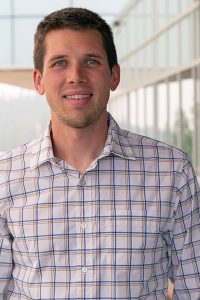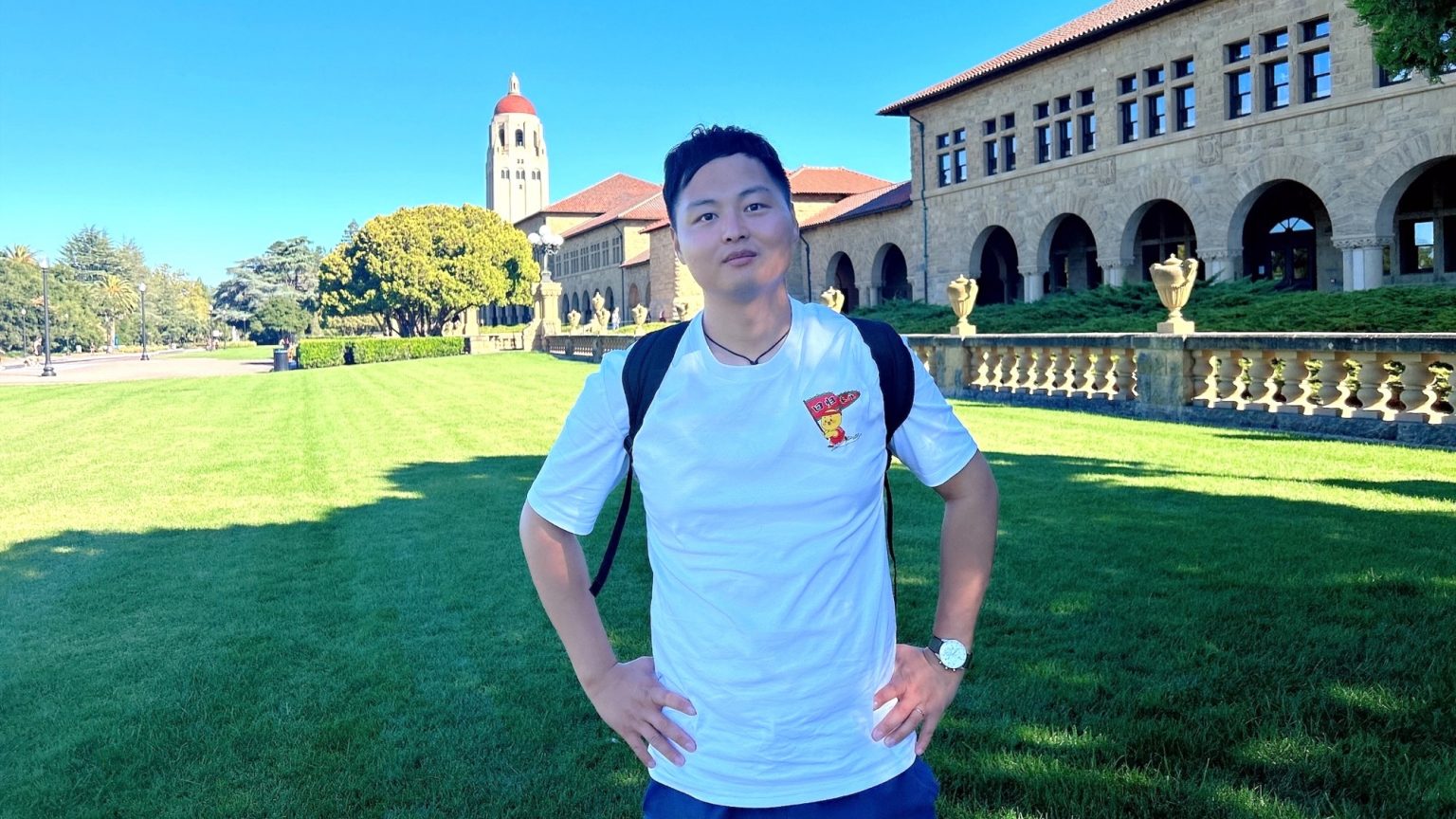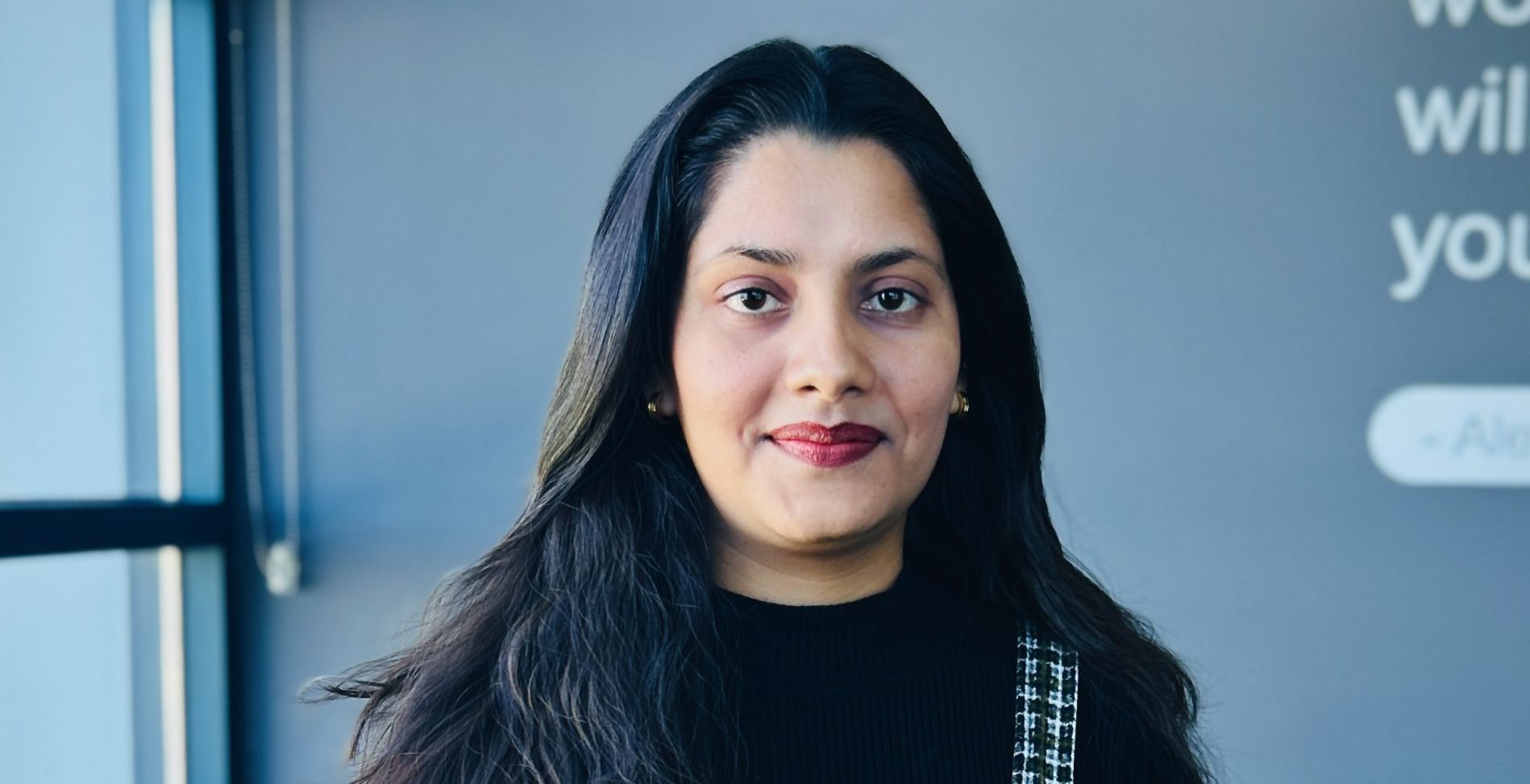Master of Engineering (MEng)

School of Engineering
| Program | Components | Length |
|---|---|---|
| Master of Engineering | Courses Only | 12 months |
| Master of Engineering | Courses and Internship | 16 - 24 months |
Why study Master of Engineering at UBC Okanagan?
Industry needs engineering leaders who are highly skilled in both the technical and business leadership sides of engineering to manage complex projects. The course-based Master of Engineering (MEng) program is designed for engineering graduates who want to advance their careers with further education. In addition to courses in specific technical areas, students take a variety of courses such as professional communications, ethics and leadership.
Flexible Duration
Choose between a 12-month coursework-only stream or a 16–24 month stream that includes an opportunity for internship, providing practical industry experience.
Career Advancement
Our graduates are equipped with mastery-level technical knowledge and problem-solving skills, making them highly sought after in various engineering disciplines.
Close-knit campus
Join our caring community of learners and teachers, enjoy small class sizes, 1:1 interaction with your professors and all the amenities offered by our picturesque campus located in beautiful Kelowna, British Columbia.
Industry Integration
Benefit from strong connections with Canadian industries, enhancing your employment prospects and professional network.
Successful completion of the Master of Engineering degree includes 30 credits of coursework of which 24 credits must be Graduate level courses from the School of Engineering (ENGR 5XX, APSC 5XX, MANF 5XX).
As of 2025/2026 the electrical discipline has been expanded to include courses allowing students to focus on computer engineering.
Additionally, as of 2025/2026, the mechanical discipline will include courses allowing students to focus on manufacturing/industrial engineering. Students interested in these areas are encouraged to apply.
The program consists of a set of mandatory and elective courses. An annual academic advising sheet will be released to guide students in course selection to ensure that all degree requirements are fulfilled.
Current Students
Please refer to the 2026 MEng Advising Sheet to review the courses required to obtain a Master of Engineering degree.
2026 January MENG COURSE ADVISING SHEET
MEng Advising Sheet Archive
Once a student has completed all course requirements, including Co-op (if applicable), they must apply to graduate (2-step process).
Submit a program completion form.
Master of Engineering Internship
The internship stream is one of two options available for the MEng program. This stream begins with 12 months (3 academic terms) of coursework where you will complete all your credit requirements for your master’s degree. Following your academic terms, you will then participate in an internship for 4, 8, or 12 months depending on the length of internship that you secure. The internship is facilitated by the UBC Applied Science Co-op Program and this program mimics the real-world job search process. It’s competitive and an internship is not guaranteed. Students will have access to exclusive job postings, career workshops and coaching to help you secure a competitive placement.
If you opt into the internship stream, you are required to:
- adhere to the Terms and Conditions of the Internship Program
- attend all mandatory events
- complete all mandatory tasks for the program
The job search for your internship will begin 4-6 months prior to the start of your internship.
Master of Engineering (MEng) students will be provided with detailed information regarding the internship application process during their first term of study. MEng students will also be invited to an information session by the UBC Applied Science Co-op Program during the first term of their studies. Please refer to the internship webpage for specific application details and deadlines.
Master of Engineering Internship Information Session
If you were unable to attend our recent internship information session, check out the recording below to learn how the internship program enhances engineering skills and expands career opportunities.
Faculty
 |
Mehran Shirazi joined the School of Engineering in May 2019. Dr. Shirazi loves teaching and always looks forward to learning new things. In their classes, he enjoys sharing knowledge and helping students find their passion for learning. His goal is to make every class interesting and useful. Dr. Shirazi wants to help students do well in life, in school and in their future careers. |
 |
Laura Patterson has taught technical and professional communication to engineering students since 2002. She applies her background in rhetoric and persuasion to her teaching of technical reports, proposals and presentations to both graduate and undergraduate engineering students.Dr. Patterson conducts pedagogical research, with special focus on Community Service Learning (CSL) and engineering education. Her dedication to CSL was recognized by being named a Valued Partner of the Community Service Learning Program in 2017. In addition, she is the Principle Investigator on a longitudinal study surveying students on engineering students’ self-perceptions around the Canadian Engineering Accreditation Board’s (CEAB) non-technical graduate attributes. She has shared the findings of that study with the Canadian Society for Engineering Education (CEEA) and IEEE’s Professional Communication Society conferences. |
 |
Anas Chabaan is an assistant professor at the Okanagan campus of the University of British Columbia. He received his PhD in 2013 from the Ruhr-University of Bochum in Germany for his research on Relaying for Interference Management in the area of Network Information Theory. He was a postdoctoral fellow with the Ruhr-University of Bochum from 2013 till 2014, and with King Abdullah University of Science and Technology from 2015 till 2017.His research focus is on information theory and communication theory with applications in cellular networks, optical wireless communications, sensor networks and related applications. |
 |
Richard Aleong is an engineering education researcher and interdisciplinary design educator who cares about helping all learners discover themselves, their world, and how they can contribute in meaningful ways. Dr. Aleong earned his PhD in Engineering Education at Purdue University, where he was recognized for outstanding research, teaching, and service by the School of Engineering Education. His dissertation research investigated the ways that educational developers experience disciplinary perspectives in their work as interdisciplinary professionals. In support of his dissertation research, he was awarded the Donnan Fellowship by the College of Engineering. His research and teaching focuses on interdisciplinary engineering learning, human-centered design and collaboration and educational development for engineering education transformation. Dr. Aleong earned his MASc and BScE in Mechanical and Materials Engineering at Queen’s University, Kingston, Canada. Dr. Aleong is committed to designing learning systems and experiences that support all learners in their personal and professional growth. |
 |
Dean Richert’s interests lie in engineering education, with a focus on undergraduate curriculum development, laboratory-based instruction and quality assurance. He has designed and delivered a number of hands-on, experiential courses, including Industrial Automation, Mechatronic Systems Laboratory, Software Systems & Design for Engineers, and a field-trip course on robotics in Japan. He regularly teaches courses in automation, control systems, mechatronics and software design, emphasizing problem-solving and design thinking in the classroom.Dr. Richert currently serves as Chair of the Mechanical and Manufacturing Programs and leads the School of Engineering’s Undergraduate Quality Assurance and Continual Improvement Committee. He is registered as a Professional Engineering with Engineers and Geoscientists BC.He earned his PhD from the University of California, San Diego, where his research focused on distributed control algorithms for networked systems. Following his doctoral studies, he worked as a Senior Algorithms Engineer at Cymer Inc. (an ASML company), where he developed and validated embedded control systems for extreme ultraviolet (EUV) light sources used in semiconductor manufacturing.In 2017, he returned to Canada to conduct postdoctoral research at the University of Calgary, where he developed a real-time environmental noise monitoring sensor network for the City of Calgary. |
 |
Sepideh Pakpour joined UBC in 2018 as an Assistant Professor at the School of Engineering. She is a highly accomplished researcher with a track record of academic excellence during her PhD at UBC, followed by her Postdoctoral appointment at the Broad Institute of MIT and Harvard. Her fundamental research interest is to better comprehend forces and factors influencing the human microbiome, and how microorganisms interact with their environment, with each other and with their host. She has also continuously focused on translating basic microbiome discoveries into applications ranging from bioengineering and biomaterials to medicine. Beside her core independent research, Dr. Pakpour has initiated and led a number of joint international projects. Currently, she is the microbiome research lead in the Nurse Engagement and Wellness Study (NEWS) as part of the Hoffman Program on Chemicals at Harvard T.H. Chan School of Public Health as well as the lead of Human Virus Project at MIT Center for Microbiome Informatics and Therapeutics. Her background and broad expertise in microbiome science, omic technologies and advanced bioinformatics have allowed her to establish the Biomedical Microbiome Research (BMR) laboratory at UBC focusing on advancing microbiome science in health and disease.Dr. Pakpour is the recipient of numerous prestigious awards from The Fonds de recherche du Québec – Nature et technologies (FRQNT), as well as Natural Sciences and Engineering Research Council of Canada (NSERC). |
 |
Mohammad Tiznobaik is a lecturer in the School of Engineering at The University of British Columbia, Okanagan campus, in Kelowna, BC, Canada. Before this, he served as a Postdoctoral Research Fellow in the same institution. Dr. Tiznobaik is a member of the American Concrete Institute (ACI) and brings 29 years of combined industrial and academic experience in design and construction engineering, including work on large-scale projects.His research focuses on the behavior and curing of concrete pavements, the design and performance of cementitious materials, and the durability of concrete infrastructure under chemical and physical damage mechanisms.Dr. Tiznobaik is the recipient of the 2025 Provost’s Award for Teaching Excellence and Innovation, recognizing his outstanding contributions to engineering education. He is also a distinguished recipient of the ACI Wason Medal for Materials Research (2020), one of the most prestigious honors in concrete research. Additional accolades include the University of Manitoba Graduate Fellowship (2015–2018) and the Gordon P. Osler Graduate Scholarship (2015).Dr. Tiznobaik earned his Bachelor’s degree in Civil Engineering in 1996, followed by a Master’s in Structural Engineering and a Ph.D. in Concrete Materials from the University of Manitoba in 2014 and 2018, respectively. He is a licensed Professional Engineer in British Columbia, Canada. |
International Student Support and Resources
The Global Engagement office supports international students from when they accept their offer until three-years post-graduation. The supports include:
- Pre-arrival support: initial study permit application and preparing to travel to Canada
- Holistic Settlement Services: registering for social and medical insurance and overall settlement support at UBC and in the community
- Comprehensive immigration advising: license immigration advisors support your compliance with temporary and permanent residence programs until three-year post-graduation
- Intercultural programming
Careers and Outcomes
Upon successfully completing a UBCO MEng degree our graduates are:
- Ready to implement mastery-level technical knowledge and problem-solving skills in their engineering discipline
- Sought after for their knowledge, understanding and experience of the role of an engineer with a focus on Canadian practices and industries
- Positioned for leadership and managerial roles in technology-related industries and for ongoing professional growth
- Equipped with communication, leadership, life-long learning and teamwork skills to succeed in intercultural contexts
Tuition and Funding
Tuition and Fees
For official tuition and fee information, refer to the Master of Engineering details on the UBC Okanagan Academic Calendar.
UBC students are also required to pay other fees (including by not limited to student fees, application and administrative fees, etc.)
For more details on fees, consult the Academic Calendar.
Student & Alumni Job Board
The Student & Alumni Job Board hosts hundreds of employment and volunteer opportunities both on- and off-campus, available for students and alumni with a variety of experience levels and career aspirations.
https://students.ok.ubc.ca/career-experience/job-board/
Award Opportunities
The College of Graduate Studies offers a variety of funding options and fellowships to graduate students. Typically, professional degrees do not qualify for most major scholarships. Some scholarship opportunities may exist. We recommend students explore local or provincial scholarship opportunities.
https://gradstudies.ok.ubc.ca/tuition-awards-and-finance/award-opportunities/
Global and Close-Knit
At UBC Okanagan, you gain all the benefits of attending a globally ranked, top 3% university while studying in a close-knit learning community.

Discover the Okanagan
A diverse natural region with sandy beaches, beautiful lakes, vineyards, orchards and snow-capped mountains, the Okanagan is an inspirational landscape perfect for those seeking leisure or outdoor adventure.
UBC's Okanagan campus borders the dynamic city of Kelowna, a hub of economic development with a population of more than 150,000 people— the fourth fastest-growing population in Canada.





